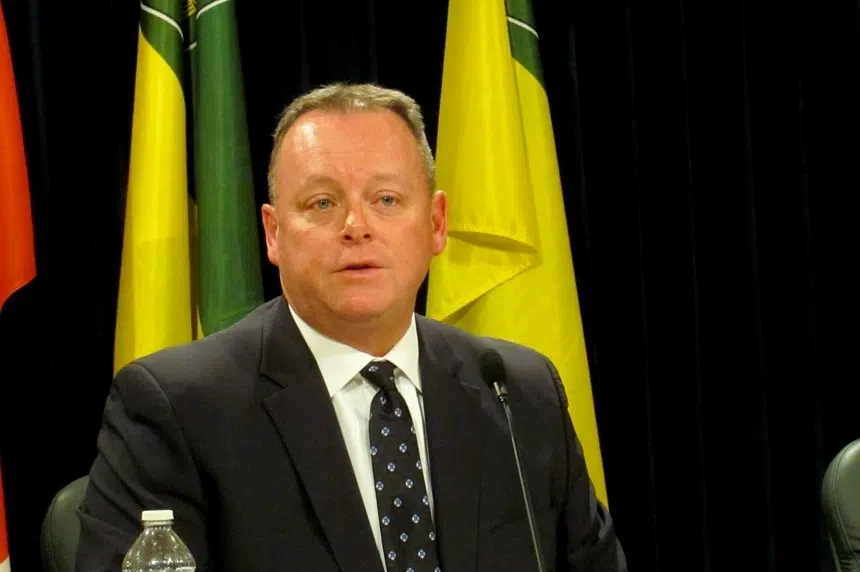The year-end financials are in for Saskatchewan and the financial picture has worsened.
Saskatchewan finished 2015-16 with a $675 million deficit, largely attributed to shortfalls in oil and potash revenue.
That number has grown $248 million higher than the $427 million predicted at third-quarter.
There are continued challenges for the province as wildfires and floods will cost and taxation revenue was lower.
Finance Minister Kevin Doherty insists he won’t be necessarily dipping into people’s pockets to adjust the financial downfall.
“One shouldn’t necessarily jump to the conclusion that government is going to raise taxes”, he explained. “But people don’t want to see their taxes raised, they don’t want to see government spending cut and they don’t like deficits, there is a incompatibility between those three things.”
When pension adjustments are added the deficit grows to $1.52 billion. The pension adjustment is highly volatile and for this reason it is not included in surplus or deficit calculations at budget times or quarterly updates.
““As we explained at budget time, the pension adjustment fluctuates by hundreds of millions of dollars from year to year,” Doherty said. “It is effectively an accounting adjustment which represents how much it would cost the government if it had to pay out all pension costs owing immediately. Of course, these pensions are not paid out all at once – they are paid out over a long time period, so it wouldn’t make sense to make budget decisions based on an accounting adjustment that fluctuates so much from one year to the next.”
Total revenue in 2015-16 was $13.63 billion, $792 million less than projected at budget. Oil revenue was about $347.5 million less than budgeted and down nearly $724 million compared to 2014-15. Potash revenue was $552.1 million, about $244 million less than budgeted.
Total expense (excluding the pension adjustment) was $14.31 billion, $112 million higher than the budget. Total expense includes increased expense related to last year’s wildfires in the north, disaster assistance payments for prior years and pressures in health and social services.
The government has undertaken what it has called, transformational change, to look at what core services government needs to deliver and how best to pay for that.











